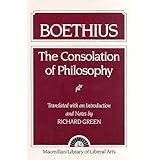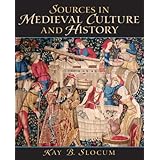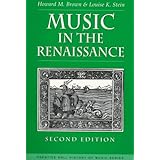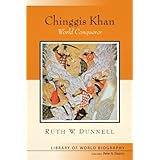
Average Reviews:

(More customer reviews)That Boethius was the "last of the Romans and the first of the scholastics", as has often been said of him, makes him a most unusual character in the history of thought. Serving as a bridge between two worlds, his writings, infused with the ideas of both Aristotle and Plato -- the two giants of ancient Greek philosophy -- allowed for the transmission of Neoplatonism into the emerging Christian intellectual tradition. Through the figure of Boethius the Latin West came to inherit many of the achievements of Greek learning.
The Consolation of Philosophy, Boethius's magnum opus, was one of the most widely read works in medieval Europe, especially in the twelfth century. No doubt, the dramatic context in which the work was written must have greatly accentuated its popularity. But there is more to the Consolation then simply a dramatic background, and this feature in itself would hardly explain the influence of the work on figures ranging from King Alfred to St.Thomas Aquinas.Boethius, being at once a Christian and a philosopher, was confident that reason and faith were reconcilable, and his entire literary enterprise can be summarised in his own words: fidem rationemque coniunge (show the harmony of reason and faith). An inheritor of the Greek tradition, he held that the world was a KOSMOS -- rationally structured, therefore rationally knowable. What makes the Consolation unique is that although it is a religious text, it doesn't make recourse to revealed religion; in Boethius's case, Christianity. That Boethius sought to answer religious questions without reference to Christianity, relying solely on natural philosophy, caused some later figures to question his religious allegiance prior to his death. But Boethius, as has been pointed out, believed in the harmony of faith and reason; being a Christian-Neoplatonic philosopher, for him to have found solace in philosophy does not imply that he left Christianity. For the truths found in Christianity would be no different than the truths found in philosophy, and whether consolation was found in the religion of Christ or Socrates would make no great difference. In the words of Henry Chadwick, "If the Consolation contains nothing distinctively Christian, it is also relevant that it contains nothing specifically pagan either...[it] is a work written by a Platonist who is also a Christian, but is not a Christian work."
The Consolation begins with Boethius lamenting his plight. Dame Philosophy descends to provide consolance to his bereaved soul, cure him of the extreme melancholy, and rid him of his misfortune, not that of his imprisonment and loss of worldly goods and status, but the spiritual ailment clouding his intellectual vision.
Boethius's troubles, Lady Philosophy tells him, lie within himself. He has been driven into exile by himself. "For if you can remember your true country...'it has one ruler and one king'" and the "oldest law of your true city, [is] that the citizen who has chosen to establish his home there has a sacred right not to be driven away". Dame Philosophy is here referring to his self, the mind. For Boethius, being distracted by external matters, (both the fortunes of his luxurious life and the misfortunes of his political imprisonment), has forgotten his real source of happiness, whose fountain lies within.
In short, the Consolation examines the raison d'etre of philosophy, and its capacity to bring about true and complete happiness -- a happiness which can be acquired by unearthing the hidden treasures which dwell within. Hence philosophy is not an end in itself -- a fruitless game of mental acrobatics -- anymore than a shovel is for one in search of Sophia's treasures.
Boethius expresses the Socratic idea that all men seek the Good, and the Aristotelian idea that this Good is eudaimonia. The attainment of happiness is found through a return of the soul to its primordial state, since "You, too, who are creatures dream of your origin". By the end of the Consolation, Boethius, remembering who he truly is -- a rational being endowed with a purpose, to actualise the good and fulfil his true nature -- recovers from his spiritual amnesia through a discovery of the remedy for his extreme sickness: philosophy.
Click Here to see more reviews about: The Consolation of Philosophy: Boethius
Click here for more information about The Consolation of Philosophy: Boethius




